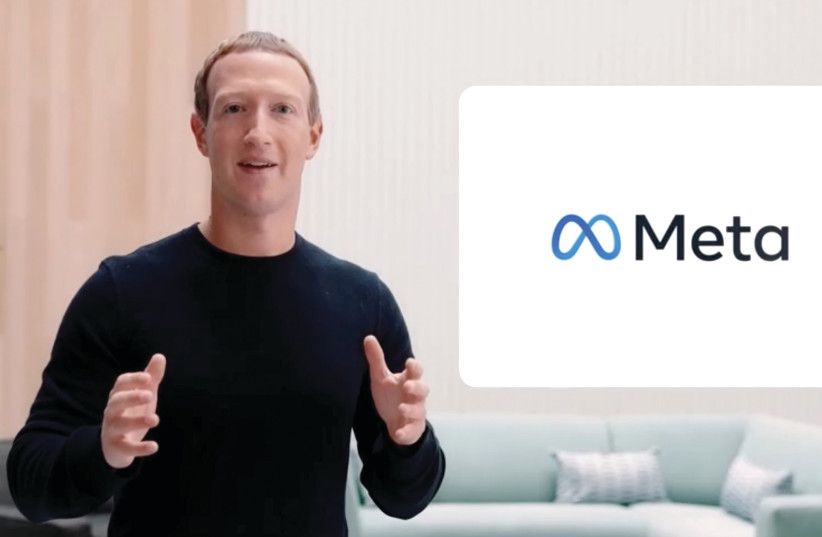An investigation by the Wall Street Journal in collaboration with external researchers from Stanford University and the University of Massachusetts Amherst revealed that Instagram had operated a "wide network" of accounts dedicated to pedophilic content.
Unlike forums and file-sharing services where illegal content distributors typically hide, Instragm's algorithm actively promoted such content.
The company acknowledged enforcement issues and stated that actions had been taken to prevent Instagram systems from recommending searches related to child exploitation.
In response to the investigation, they swiftly issued a statement "Child exploitation is a heinous crime. We continuously work to investigate ways to actively protect against such behavior."
They also announced the establishment of a dedicated task force and claimed to be working on blocking the network and making changes to their systems. The company claims to have removed 27 such networks in recent years and is actively working on removing more, as well as attempting to prevent pedophiles from connecting with each other.
The warnings have been ignored in the past

However, this investigation and discovery serve as a warning to the company that previously ignored similar warnings, such as the recruitment of assassins on Facebook and internal researchers' findings that disturbing content on their networks often goes unblocked and even gets promoted.
Former Facebook security director Alex Stamos told the WSJ, "If a team of three academics with limited access can find such a large network, it should raise alarms at Meta." Stamos also mentioned that Meta needs better tools to deal with this phenomenon and hopes that they reinvest in recruiting human researchers.
The researchers at Stanford discovered that even after viewing one account associated with pedophilic content, they received recommendations for additional content linked to individuals selling illegal content.
"Instagram is a gateway of networked spaces where explicit content of child exploitation is displayed," said Brian Levine, the lab's director.
His research group found that the distribution of such content is particularly severe on Instagram, which is considered an important network for buyers and sellers of pedophilic content.
